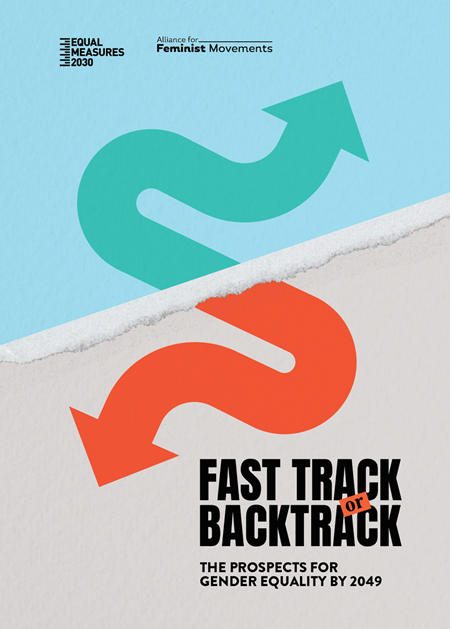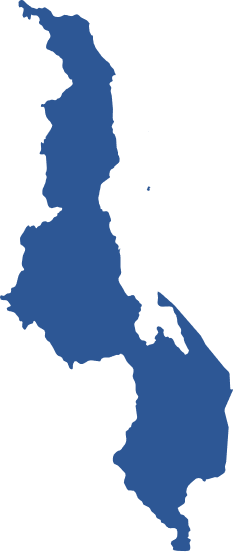Fast track or backtrack ?

Progress on gender equality around the world is too slow and patchy, placing the entire 2030 Agenda at risk.
Our fight for the rights of women and girls is a fight for everyone’s future. Every aspect of sustainable development is interwoven with the advancement of gender equality. Nearly three-quarters (73 per cent) of the 169 targets in the Sustainable Development Goals (SDGs) have been found to be directly or significantly reliant on gender equality. Yet, across the world we see a widespread failure by governments to act on gender equality as a strategic necessity for a truly equitable and sustainable future for all.
Note: May not sum to total due to rounding.
Source: The 2022 SDG Gender Index, Equal Measures 2030
Our 2022 SDG Gender Index shows that recent progress on gender equality has been alarmingly slow, patchy and fragile. In 2020, more than three billion girls and women were living in countries with “poor” or “very poor” scores for gender equality.
Less than a quarter of countries are making fast progress towards gender equality; and a third of countries are either making no progress at all or are moving in the wrong direction.
On these trends, we forecast that the global average Index score will only reach 71 out of 100 by 2030, the deadline for the SDGs. At this pace, it will take until the year 2108 (the 22nd century!) for the world to reach gender equality. But is the current trajectory likely to continue?
Source: The 2022 SDG Gender Index, Equal Measures 2030
Case Studies
Equal Measures 2030 worked with the Gender Equality and Social Inclusion team at ODI to identify 16 initial case studies where a significant improvement seemed to occur in one or more Index domains. In reviewing this analysis, we found that strong feminist movements were consistently highlighted as a crucial driver of change. In a second stage of research, EM2030 and the Alliance for Feminist Movements selected five of the case studies to consider the role played by feminist movements: Argentina, Canada, Malawi, Nepal, and Uruguay.
In sharing these stories, we aim to contribute to a growing evidence base to demonstrate that progress is possible, especially through better investment in – and the consistent, meaningful engagement of – feminist movements.

FAST TRACK OR BACKTRACK?
The Prospects for Gender Equality by 2049






